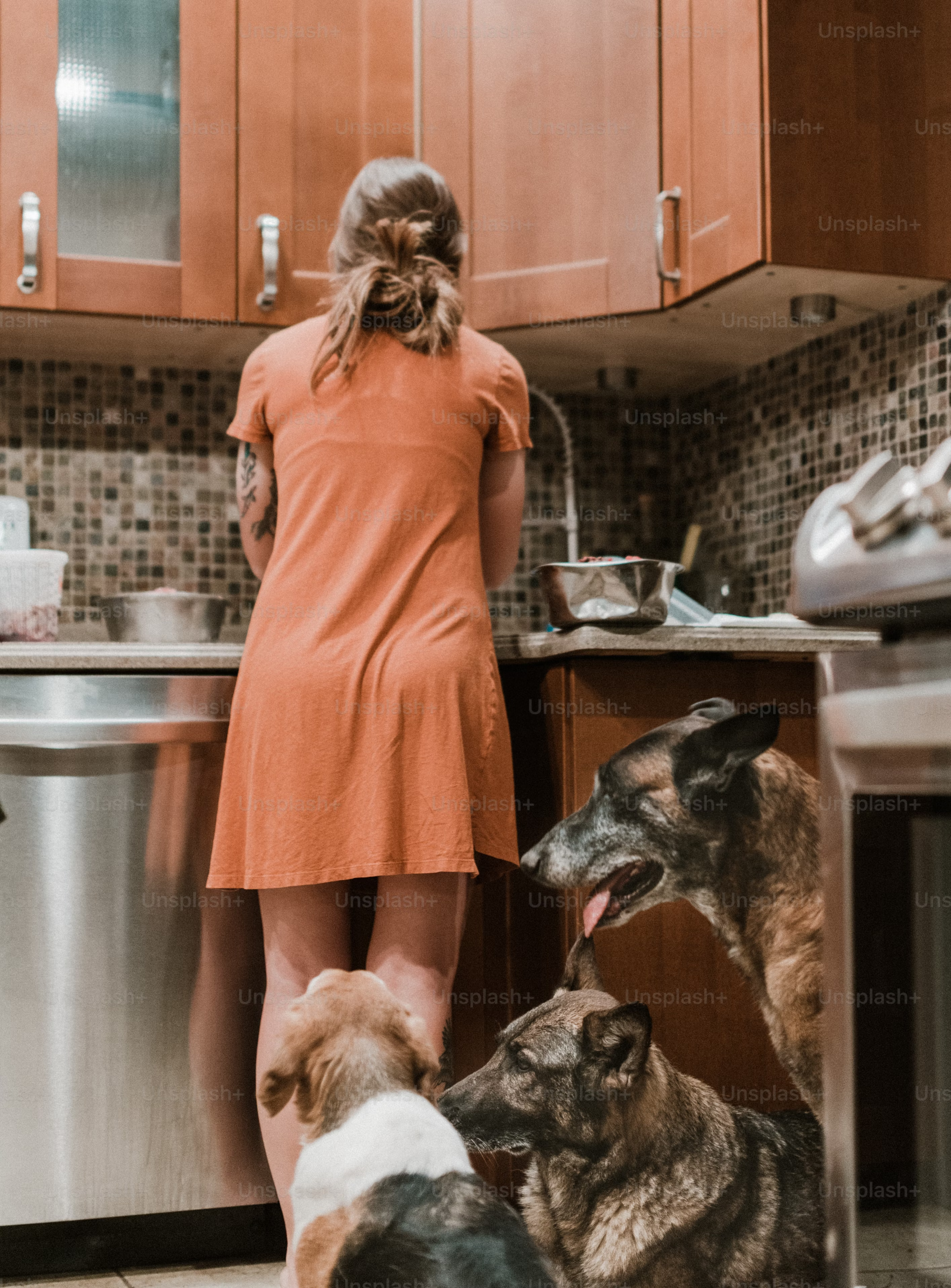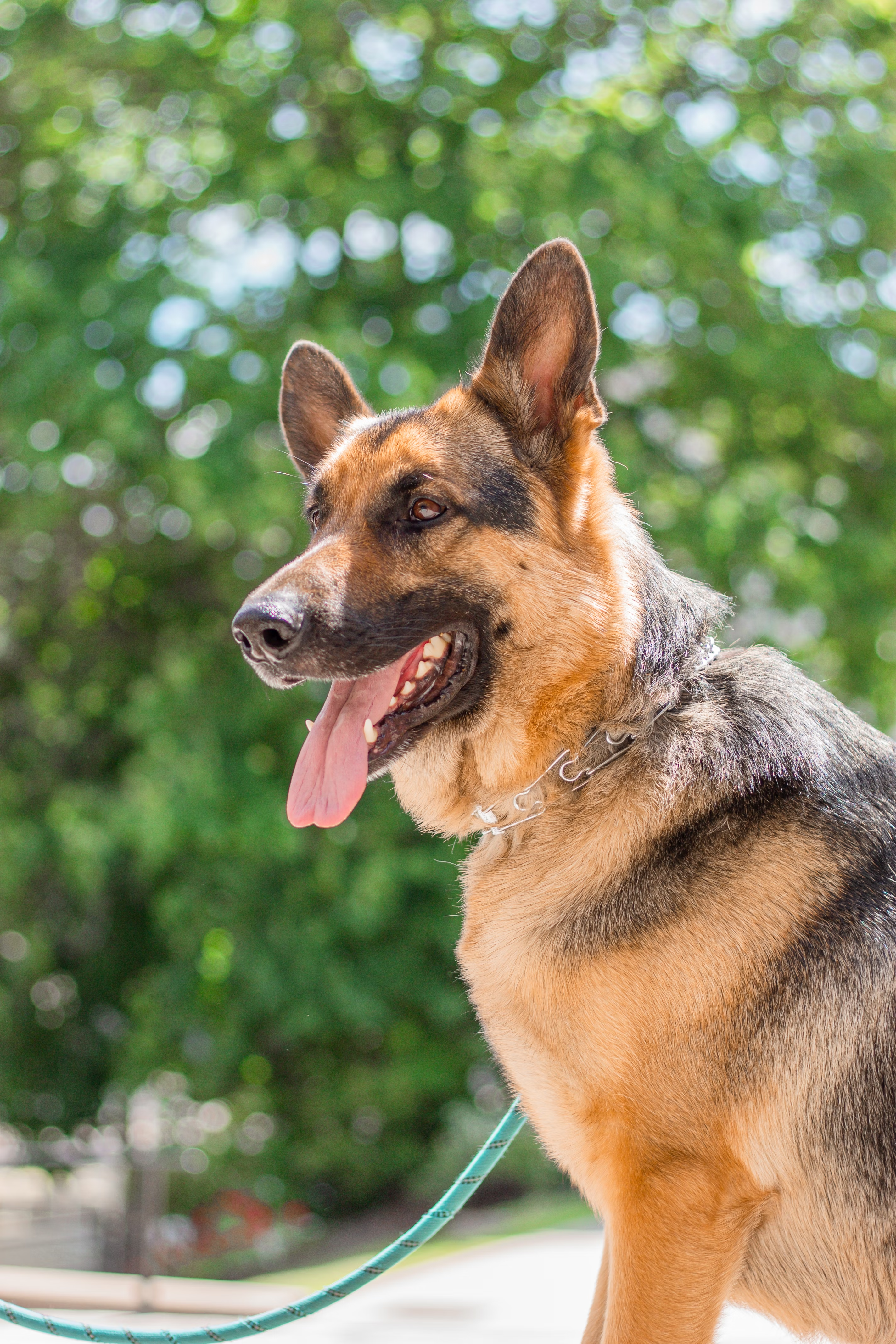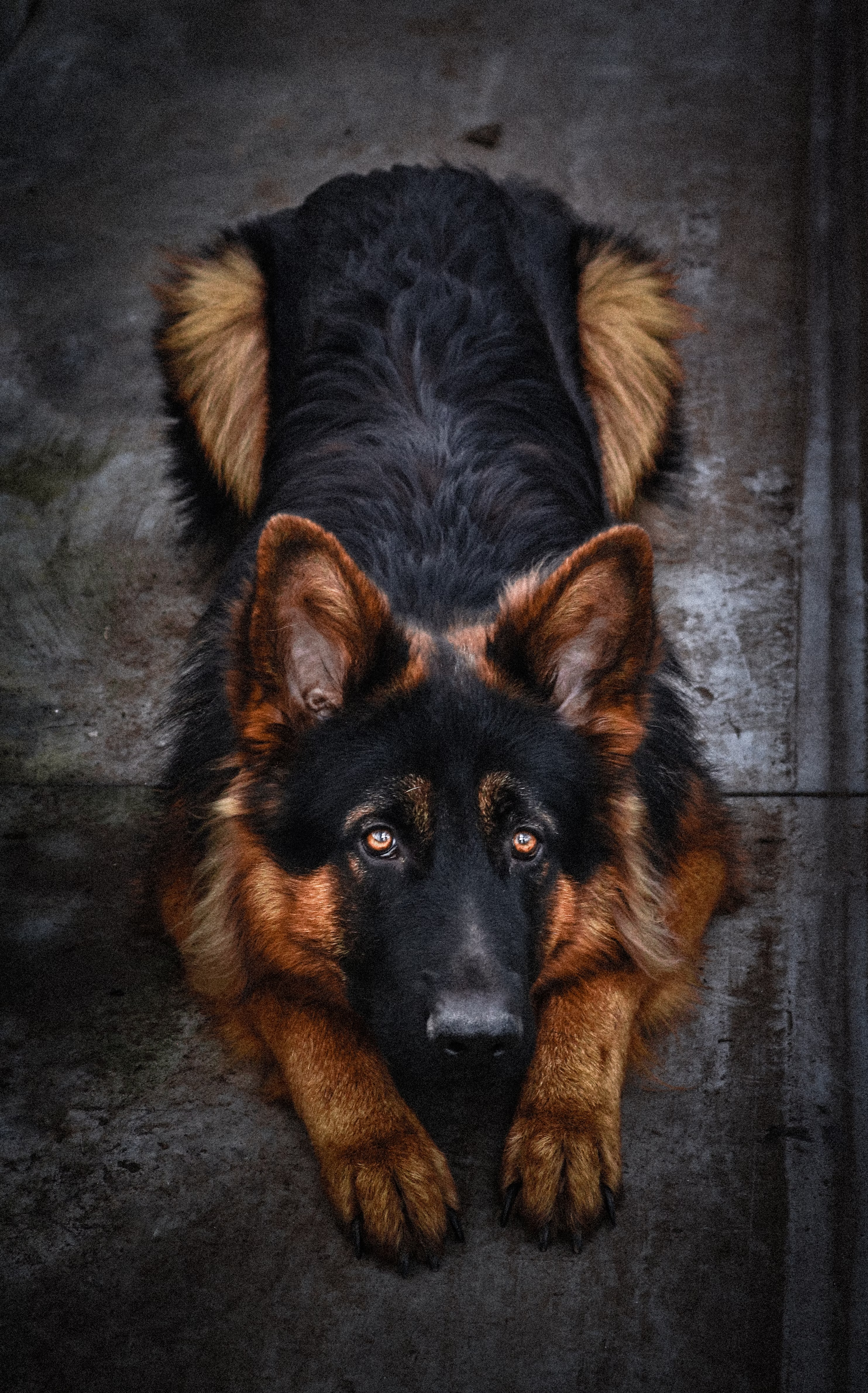
Introduce a German Shepherd to a Puppy: Complete Guide

Introducing a new german shepherd puppies to your home is often exciting. However, it can also be quite challenging, especially if you already have a German Shepherd. German Shepherds are known to possess loyalty, intelligence, and protective instincts.
How are you going to ensure that your new german shepherd puppies or any other breed gets along with your German Shepherd? Proper introduction can help foster a peaceful relationship between pets.
In this article, we will discuss key German Shepherd care tips, investigate whether a German Shepherd could view a puppy as a competitor, and discuss how to ensure a successful introduction of the puppy.
Understanding German Shepherd Behavior
Before you begin training the new puppy to join your German Shepherd, you should be aware of the breed’s general characteristics. German Shepherds are typically perceived as extremely intelligent, obedient, and protective.
Check out What is Special About German Shepherds?. Moreover Understanding the Body Language of Big Dogs like German Shephards: Everything You Need To Know.
They can be pretty territorial and even dominant in their primary surroundings. For these reasons, introducing new german shepherd puppies to a household with an existing German Shepherd requires some planning; your German Shepherd may initially regard the new puppy as an invasion, an intruder, or a competitor.
That aside, appropriate care tips for your German Shepherd and a slow introduction process can help you have a magnificent companion, even a protector of the new puppy.
Can a German Shepherd See a Puppy as a Rival?
As said above, a German Shepherd will regard the new puppy as a rival for attention from the owner, depending on how he or she is introduced to the house and how the elder dog interacts with it in the initial stages.
Well, there’s a high chance your German Shepherd will see the new german shepherd puppies as competition. Especially if your German Shepherd has always been the only dog in the house. German Shepherds, by nature, are territorial animals.
They may find the presence of a new puppy threatening, especially if they perceive it as challenging them for attention, food, or space with you.
But not all German Shepherds react negatively. Some are more receptive to the idea of a new dog and can even get more excited at the presence of a new playmate. It is very important to monitor their behaviour, especially for the first time or even just a few times.
Read German Shepherds: Understanding Their Weaknesses to understand your Dog better.
How to Introduce Your Puppy to Your Dog: Step-by-Step Process

Introducing the new puppy to your German Shepherd can be itemised into several stages. Follow these German Shepherd care guidelines to help you increase the likelihood of a peaceful and harmonious relationship between both dogs.
1. Prepare Your German Shepherd
Prepare your German Shepherd to the change by bringing the new german shepherd puppies home. Consider these German Shepherd care tips:
• Exercise your dog: The phrase goes, “an exhausted German Shepherd is a relaxed German Shepherd, at least a placid German Shepherd.” That is to say, exercise your dog physically and mentally before you bring them together.
• Observe obedience trainings: I always remind my clients that basic training “sit,” “stay,” “leave it” for obedience work must be in order so you don’t go haywire during the introduction process.
2. Choose a Neutral Meeting Place
The location matters when thinking about introducing the german shepherd puppies to the dog. Instead of starting things off by having the first encounter occur in your home, where your German Shepherd will get territorial, take it somewhere neutral. A park or a relatively empty open area with few distractions will be best.
• Use a leash with both dogs: This guarantees that if either one gets too overwrought or too aggressive you can control.
• Observe the body language: Be vigilant if your dog has aggressive tendencies like hackles raised, growling, and rigidity in the body posture. If you see any of these characteristics in your German Shepherd, it would be better to separate them for some time and try again later.
3. Keep the First Meeting Very Short
The initial meeting should be short and friendly. Both dogs should be on leashes but allowed to sniff each other. This is part of the natural way of acquainting oneself with the other.
If both dogs seem comfortable with each other’s presence, praise them and give them treats for positive association with the interaction.
• Do not force interaction: If your German Shepherd is uninterested or a little snob, do not worry. This is worse than aggression, but they will warm up to the new puppy with time.
4. Interactions at Home-Guided
Once they seem quite safe outdoors, you can introduce them to your indoor environment. First, you should monitor all contacts. You may use leashes when the situation requires it for safety’s sake.
• Alone rooms and crates: Provide each dog with their personal space at first by using separate crates or rooms. This allows them to get used to one another’s scent as well as presence without any danger of attack.
5. Positive Reinforcement
Reward the dogs as well during the process for good behavior. German Shepherds respond well to positive reinforcement, so rewarding them with treats, toys, and praise whenever they are calm in the puppy’s presence should reassure them that this addition is not a bad thing.
Will a German Shepherd Protect Other Dogs?

German Shepherds are instinctively protective animals and hence the most employed guard dogs. However, with proper training and socialisation, they can learn to protect not just humans but also other dogs in the family.
Once the bond has been established, many German Shepherds take on the role of protector towards smaller or younger dogs, such as a puppy. This is protective behavior and part of their loyalty and strong instinct toward pack structure.
Proper German shepherd care tips combined with early socialization ensure your German Shepherd will see the puppy as a member of its family, so it is unlikely to become rival and instead increases the possibility of protective behaviour.
Check out Can German Shepherds live with Other Dogs? Complete Guide .
How to Take Care of a German Shepherd While Introducing a Puppy
Welcoming a new puppy into your family is not only exciting but also accompanied by anxious moments on your part and on your German Shepherds.
You both need to be geared towards carrying out activities as usual. Here are some tips on how to take care for your German Shepherd when you bring in a new puppy into the house.
1. Keep Routine Exercise and Mental Stimulation going
German Shepherds are highly energetic dogs that require continuous stimuli both physically and mentally.
Keep exercising your Shepherd to ensure you maintain a routine when introducing the new puppy. This generally minimizes the occurrence of boredom or frustration that could cause bad behavior when presented with the new puppy.
2. Provide Adequate Nutrition
Proper nutrition is essential for both your German Shepherd and your new puppy. If you are wondering how to take care of a German Shepherd, one main aspect is to ensure that they have a good, well-balanced diet that meets their high-energy needs.
Feeding your Shepherd separately from the puppy will also prevent food aggression. German Shepherds, on certain occasions, can be possessive over their meals as well, and feeding them separately is one of the easiest ways to prevent problems.
3. Give Them Their Time Alone
You need to allow your new puppy and also your German Shepherd some time. It’s likely that your German Shepherd might feel jealous if you spend too much time with the puppy. The fact that your Shepherd receives a lot of attention and affection curbs the prospect of rivalry.
• Play individually with each dog in a manner that builds personal relationships.
• Spend quality time with your German Shepherd, for example, by going for a walk or playing fetch to let them know that they still matter in life.
4. Observing Health and Behavior
Observe your dogs closely since they will tend to give you signs if they are getting overstressed or have some health issues.
Stress can weaken their immunity, whereby the puppy and your German Shepherd become weaker to diseases. Thus, observe them closely in regular visits to the vet and monitor their behavior to ensure that the introduction does not cause too much anxiety.
Conclusion
Bringing a puppy to a German Shepherd can be pretty smooth if you do it the right way. With knowledge of the unique behavioral characteristics of a German Shepherd, positive reinforcement, and following these German Shepherd care tips, you can help both dogs form a lifelong bond.
The key to taking care of your German Shepherd during this time is patience and careful planning. Keep in mind that the first few days or weeks may be a bit challenging; however, constant effort will help your German Shepherd and puppy live together happily and may even become the best of friends.
At the end of it all, their natural protectiveness and loyalty would most probably find a place in the new puppy once both dogs have grown accustomed to the new member in the house.
FAQs
1. How long does a German Shepherd take to get accustomed to a new puppy?
Ever German Shepherd has an adjustment period. Some take days, while others take weeks to accept the little puppy. What is important here is patience and continuous training.
2. Can my German Shepherd and puppy play immediately?
No. That is, start with short introductions under close supervision. Gradually increase time spent with each other as they get known to each other.
3. My German Shepherd may harm the puppy in the introduction process?
Yes, if your German Shepherd is extremely excited or if they are protective. Always supervise the first encounters, and keep both dogs on leashes until you are certain that they are comfortable with each other.
4. Can I stop my German Shepherd from attacking the puppy?
Reward calm behavior with positive reinforcements. If aggression persists, keep them separated and try again later. Or you may need a professional dog trainer.
5. German Shepherd: Will the pup tolerate it?
Absolutely. Should a German Shepherd form a bond with a puppy, that puppy will instinctively defend it because of the prevalence of instincts by the dog in this area. Again, as with the previous example, conditioning is the key to proper reaction.

